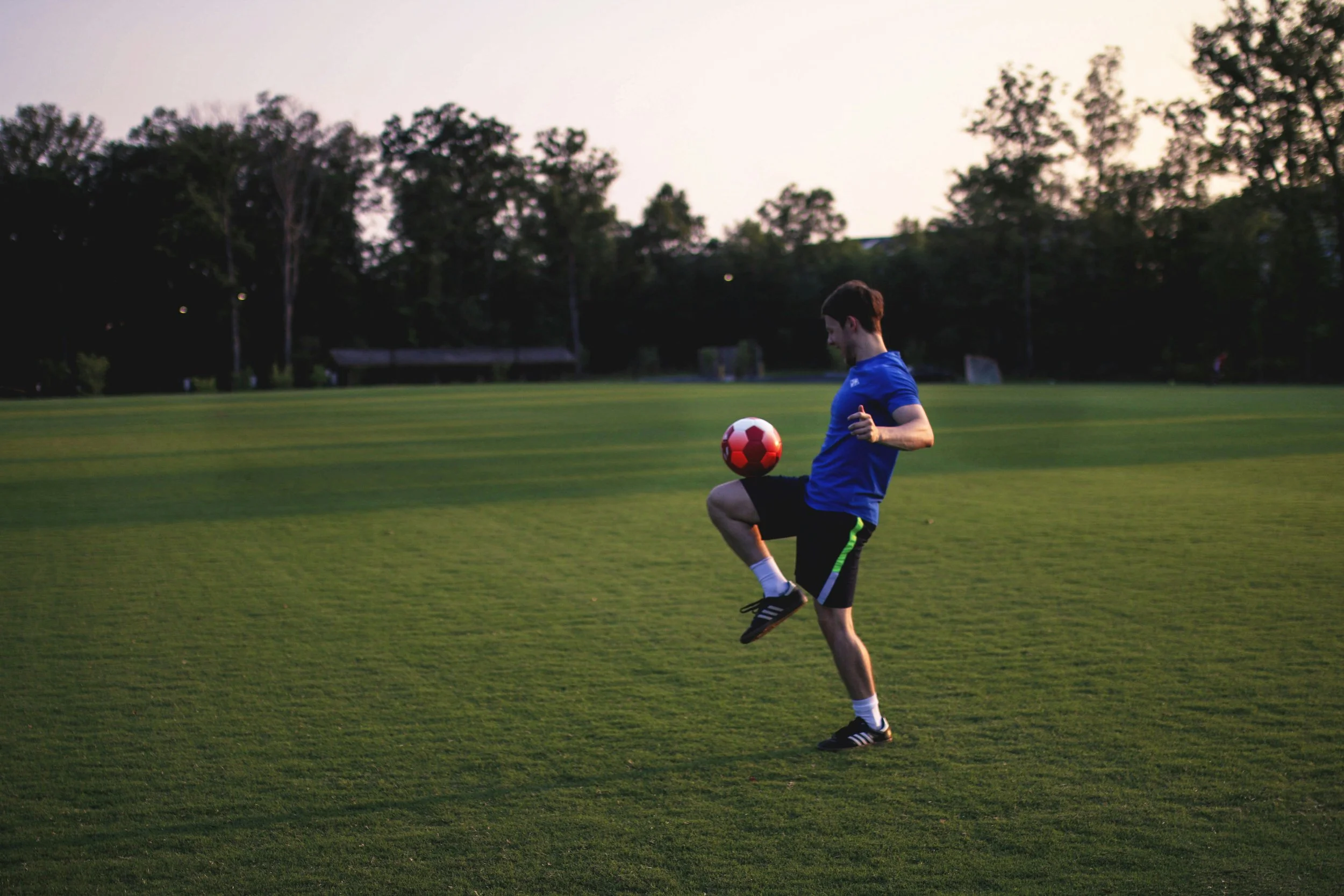What Your Game Day Prep Should Look Like
Despite their technical skills and physical prowess, countless high-level athletes are plagued by the infamous pre-game jitters. When players feel nervous or anxious before games, it can be because they are mentally and physically exhausted. How can you feel confident going into a game when your mind and body aren’t ready to perform?
The solution to this extremely common dilemma is following a pre-game routine. Everything you do within the last 8-10 hours before a game determines how much energy you’ll have when the game starts.
Well, what does a typical pre-game routine look like? It’s about following the basic fundamentals of nutrition and hydration, and structuring your day around activities that put your mind at ease.
Here’s a run-through of an ideal pre-game routine for a young athlete:
The Night Before the Game
The most important meal in your game day prep is whatever you eat approximately 8 hours before the game. Why? Because that’s how long it takes for the body to fully metabolize food into energy. So, if your game takes place in the morning, your dinner the night before will have the biggest impact on your energy level. Conversely, if your game takes place at night, your breakfast on game day will be the most important meal.
Let’s operate under the assumption that the game takes place in the morning. Since carbohydrates give us energy, it makes sense to start your pre-game routine with a carb-heavy dinner.
Regardless of when your game starts, it’s essential to get at least eight hours of sleep. Morning games require you to get up early, so you’ll want to make sure you get to bed on time by engaging in relaxing activities like reading, listening to music, or watching your most comforting TV shows (with screen time ending at least an hour before lights out).
Morning/Early Afternoon
After waking up and having a light breakfast (so you don’t feel weighed down), you’ve got about four hours until the game starts. Players typically spend the beginning of this period doing light exercises like stretching or yoga and getting some low impact touches like juggling or wall-passing.
The idea is to choose physical activities that make you feel confident and relaxed, which varies from person to person.
It’s also very important to stay hydrated during this period, because your body needs at least an hour to process all the water inside of it. So, you’ll want to make sure you’re fully hydrated an hour before the game starts.
Final Warm-Ups
With a little over an hour left before kickoff, it’s time to do some final warm-ups and stretches. Coaches typically expect players to arrive about 30-40 minutes early to warm up with their teammates. Many players, however, have their own warm-up activities they like to do on their own, before they get to the field. This could include your own collection of stretches, watching an inspirational video, listening to music, or meditating. Ideally, you want to arrive at the field feeling mentally and physically rested, with plenty of energy stored up for the game.
At Beyond Goals Mentoring, we help young athletes conquer the pre-game jitters by developing customized pre-game routines. Trust us when we say, your athlete will be blown away by their new routine’s impact on game day performance.
So, if your athlete is struggling with pre-game jitters, let’s set up a mentoring session and start building a pre-game routine that produces real results.

